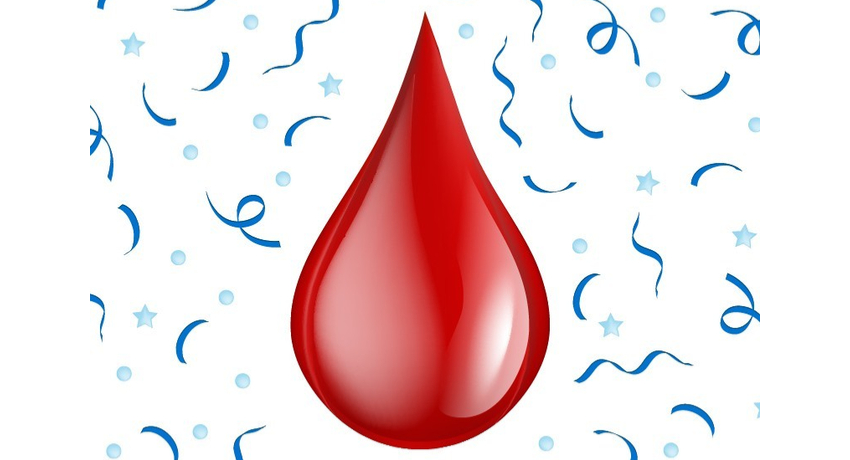When we talk about periods, we’re not really talking about blood.
We’re talking about education. Safety. Removing the shame and stigma of being a woman or a girl. We’re talking about the basic human rights of 50 per cent of the population.
Why do we still find it so hard to have this conversation?
So why do we still find it so hard to have this conversation? Why do we feel embarrassed – or worse, ashamed – to open up about something that happens to 800 million people worldwide every month?
We hide our period, lie about it, obsessively euphemise it until it sounds like an elderly aunt or some kind of extreme crimson surfing challenge. We do everything we can to avoid confronting a simple fact: people bleed.
Around the world, having a period is still an ingrained source of disadvantage for far too many people. As an organisation committed to equality for girls everywhere, Plan International is working hard to end the shame and stigma around menstruation.
One thing we’ve learnt is that smashing the stigma starts with talking about periods more openly. So when girls told us that an emoji would make it easier to talk about their period with friends and family, and 55,000 people stepped forward to join the campaign, we knew we were onto something.

18 months later, the new period emoji has been approved by Unicode – the organisation that regulates emojis – and it is due to hit keyboards any day now. This simple drop of blood stands for so much more.
Around the world, far too many young people miss out on school because they have their period. In Kenya, more than one million girls miss up to six weeks of school each year because they don’t have reliable access to menstrual products. Is it any wonder that girls are at a disadvantage educationally and economically around the world? A third of Kenyan women and girls are unable to afford to have their period due to the cost of sanitary items, yet people are too uncomfortable to talk about it.
It’s a problem we still face here in Australia. The scandal of period poverty has finally been acknowledged in Victoria, where free sanitary products will soon be provided in schools. Other states need to follow suit, and fast. Until then, charities like Share the Dignity are filling the void that governments aren’t.
For many other girls, shame, worry and embarrassment prevent them talking about their periods, which means serious health issues are often hidden, and girls suffer in solitude.
Period stigma doesn’t just put girls at a disadvantage. It can be deadly
Period stigma doesn’t just put girls at a disadvantage. It can be deadly. In Nepal, at least four women died in the first few weeks of this year as a result of being banished to ‘period huts’, despite the practice being outlawed last year. If girls and women aren’t killed by smoke inhalation or snake bites in these huts, they face the serious risk of sexual assault.
Here’s the problem. If we can’t talk about periods, how are we supposed to change the story? How are we supposed to ensure young people are able to talk about their pains or worries, so that health concerns can be picked up early? How are we supposed to change discriminatory policies, laws and customs?
An emoji isn’t going to solve a problem that’s been ingrained for generations. But it is a step forward. Emojis have changed how we converse as a society. They’re used all over the world, crossing cultural and language barriers. They’re part of our digital and emotional vocabulary.
An emoji isn’t going to solve a problem that’s been ingrained for generations. But it is a step forward
So when we use the period emoji, we’re talking about so much more than a drop of blood. We’re talking about girls claiming their equal place in society. We’re talking about solidarity with every person who bleeds and has felt ashamed or embarrassed or just plain exhausted by it. We’re talking about justice for anyone who has been excluded or discriminated against, just for being a girl.
This in itself is likely the very reason why we still find it so difficult to talk about periods: confronting inequality still doesn’t come easily in our society. But each time we have the conversation – even with our friends and partners – brings us a little closer to a world in which no one is made to feel less because they bleed. Hopefully the period emoji can be one step towards making that conversation a little easier.




